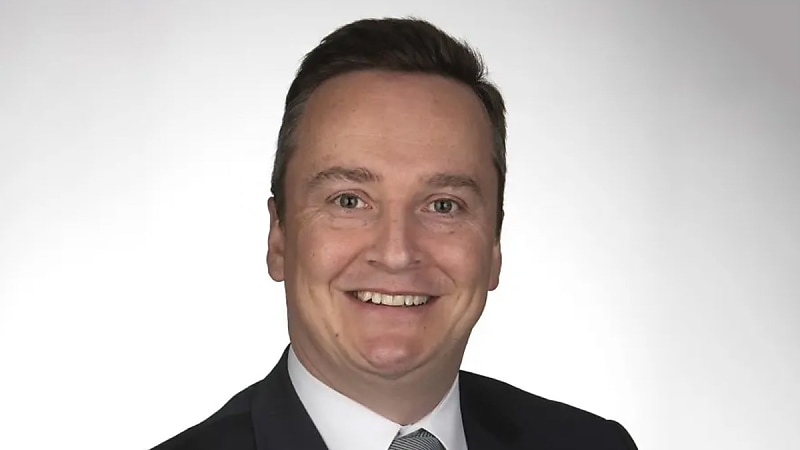Potential of $3m super tax forcing advisers to think outside the box
Advisers are showing an increased interest in different wealth structures and innovative ways to mitigate the negative impacts of the proposed super tax, an investment specialist has said.
Tom Huntley, head of investor distribution for KeyInvest, told SMSF Adviser that over the past few weeks, as he has been conducting an educational roadshow around Australia for advisers, he has been inundated with questions for more information on how the $3 million super tax proposal will work and its impact on clients.
“I’m not getting a sense of panic from advisers, but there’s certainly a big increase of interest in what it is, what it’s about, and looking to understand it,” he said.
“I spoke about it 12 months ago to rooms full of advisers, similar to what I’m doing now, and there was a lot of water to go under the bridge then, whereas now it’s knocking loudly at the door.”
Huntley said many advisers are trying to get ahead of the changes and being proactive with their clients, bringing it to the forefront of conversations.
“Depending on the client, it means different things to different people. There are still a number of advisers that are sitting on their hands and waiting. Most advisers are really busy, they are fighting off clients and there are lines waiting to see them, so often Division 296 tax is not at the centre of the conversation,” he said.
“I have a number of advisers saying they are going to wait until it’s legislated. They don’t know if it’s going to be retrospective, or what kinds of changes will be made, so until they’re certain, they aren’t going to act on it.”
However, Huntley said there is another cohort of advisers that are on the front foot, gathering as much information as they can and devising strategies to help clients who may want to avoid it and determining what are the best ways for them to minimise its impact.
“Super is the most tax-effective way to save, it always has been, and for a lot of people, that’s been their one and only focus. Now it’s about trying to understand what else is out there, whether it be investment bonds, or different structures, and depending on wealth, potentially setting up companies or trusts, that’s complex,” he said.
“It all depends on the client, and there are a number of different solutions that are being brought forward. I’m seeing estate planning conversations with people that realise they have a lot of wealth and thought it was going to pass through an inheritance, but now they’re bringing that forward – that giving while living approach.”
Huntley said the proposed legislation is helping to bring a broader conversation about superannuation to age groups that had previously not considered it.
“Advisers have got people in their 40s now that are on high incomes and who have discretionary income and have been loading up into super. However, now, maybe they don’t want super to dictate to them when they retire. They might want to retire when they’re in their 50s, but are not going to be able to access their super till they’re 60. Now they are looking at creating a separate bucket of money, and that could be through investment properties, investing directly in shares, or in investment bonds,” he said.
“You can do all sorts of things, but people are now looking at creating that flexibility outside super to give them choice. I think we’ve got so much uncertainty with super, but it doesn’t stop people from investing in it, because it’s still so tax-effective. But I also think [the super tax debate] is now also promoting other structures to create flexibility. Complexity creates need and conversation.”


